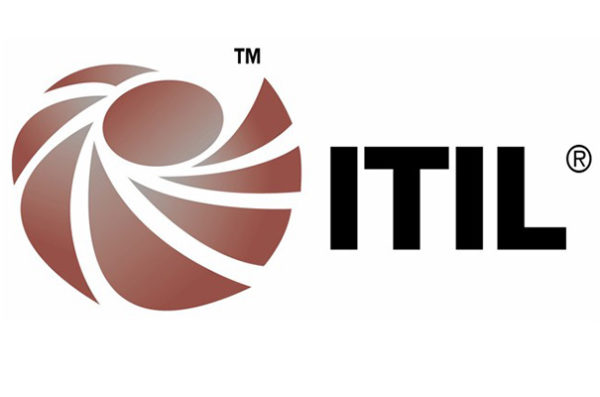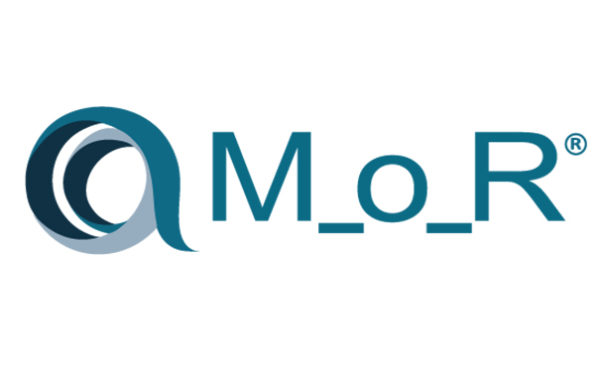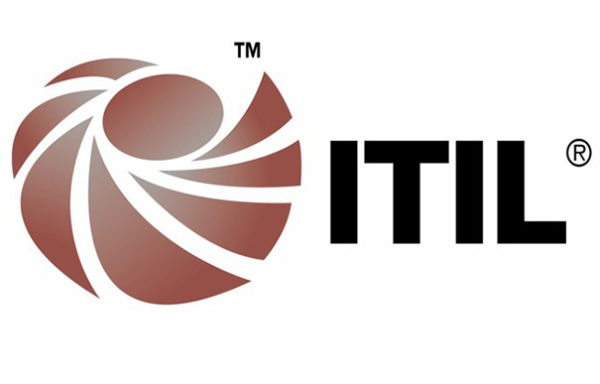ITIL® is comprised of five core publications: Service Strategy (SS), Service Design (SD), Service Transition (ST), Service Operations (SO) and Continual Service Improvement (CSI). It promotes alignment with the business as well as improvement in operational efficiency. The official ITIL® qualification scheme, owned by AXELOS, describes two streams, the Service Lifecycle Stream and the Service Capability stream: – The Service Lifecycle stream focuses on ITIL® practices within the Service Lifecycle context. The prime focus is the Lifecycle itself as well as the processes and practice elements used within it. – The Service Capability stream is for those who wish to obtain an in depth understanding of specific ITIL® processes and roles. The primary focus is on process activities, process execution and use throughout the IT Service Lifecycle.
Description
Durée : 28 heures
Modalités techniques d’évaluation : Évaluation des connaissances par QCM, évaluation des compétences au travers de travaux pratiques et de cas d’études. Contrôle de l’acquisition des connaissances et des compétences pendant la formation par le formateur.
Moyens pédagogiques : Apports théoriques réalisés en classe et complétés par de nombreux travaux pratiques permettent aux participants de disposer d’une expérience concrète. A l’issue des sessions magistrales, réalisation de cas d’études tutorés.
Objectifs pédagogiques
À l’issue de la formation, le participant sera en mesure de :
- Overview of SOA processes and basic principles
- Service Design in PPO and Lifecycle context
- Processes across the Service Lifecycle pertaining to the practice elements within planning, protection and optimization
- Capacity Management as a capability to realize successful Service Design
- Availability Management as a capability to realize successful Service Design
- IT Service Continuity Management as a capability to support overall Business Continuity Management
- Information Security Management as part of the overall corporate governance framework
- Demand Management
- Planning, protection and optimization roles and responsibilities
- Technology and implementation considerations
- Organizational roles relevant to PPO
- Challenges, critical success factors and risks for planning, protection and optimization.
- In addition, the training for this qualification should include examination preparation, and an opportunity for a mock examination.
Examen
Méthodes pédagogiques
Certification
COURSE INTRODUCTION
- Course objectives
- Context of Service Design
- Service design, purpose and objectives
- Service design Scope, value to the business
- Service design Basics
- The role of Design Coordination
- ITIL® Certification Scheme
CAPACITY MANAGEMENT
- Introduction, Purpose and objectives Scope, Value to the Business Planning
- The three sub-processes
- Proactive and reactive activities
- Design related activities
- Ongoing iterative activities
- Monitoring and Analysis
- Tuning
- Implementation
- Demand Management in Capacity Management
- Modelling and Trending
- Application Sizing
- Triggers, Inputs, Outputs, Interfaces
- Information Management
- CSF’s and KPI’s
- Challenges & Risks
AVAILABILITY MANAGEMENT
- Introduction, Purpose and Objectives
- Scope, Value to the Business
- Two interconnected levels
- Availability aspects
- Process activities, methods, techniques
- Reactive activities
- Monitor and measure, Analyze and report
- Proactive activities
- Designing for Availability, Analysis techniques
- Planned and preventative maintenance
- Availability testing and Service Outage
- Continual review
- Triggers, Inputs, Outputs, Interfaces
- Information Management
- CSF’s and KPI’s
- Challenges & Risks
IT SERVICE CONTINUITY MANAGEMENT
- Introduction, Purpose and objectives
- Scope, Value to the Business
- Policies and Principles
- Stage 1 – Initiation
- Stage 2 – Requirements and Strategy
- Stage 3 – Implementation
- Stage 4 – Ongoing operation
- Invocation, Triggers, Inputs, Outputs
- Information Management
- CSF’s and KPI’s
- Challenges & Risks
INFORMATION SECURITY MANAGEMENT
- Introduction, Purpose and objectives
- Scope, Value to the Business
- Policies and Principles & Basic Concepts
- The Information Security Policy
- Security Management Framework
- Control, Plan, Implement, Evaluate
DEMAND MANAGEMENT
- Introduction, Purpose and objectives
- Scope, Demand versus Capacity
- Value to the Business, Supply and Demand
- Gearing Service Assets
- Policies and Principles & Basic Concepts
- Demand Management through the Lifecycle
- Activities
- Triggers, Inputs, Outputs, Interfaces
- Information Management
- CSF’s and KPI’s
- Challenges & Risks
ROLES AND RESPONSIBILITIES
- Roles in ITIL
- Generic Service Owner Role
- Generic Process Manager Role
- Generic Process Practitioner Role
- Availability Process Manager
- Capacity Process Manager
- IT Service Continuity Process Manager
- Information Security Manager
- Demand Management Process Owner
- Demand Management Process Manager


